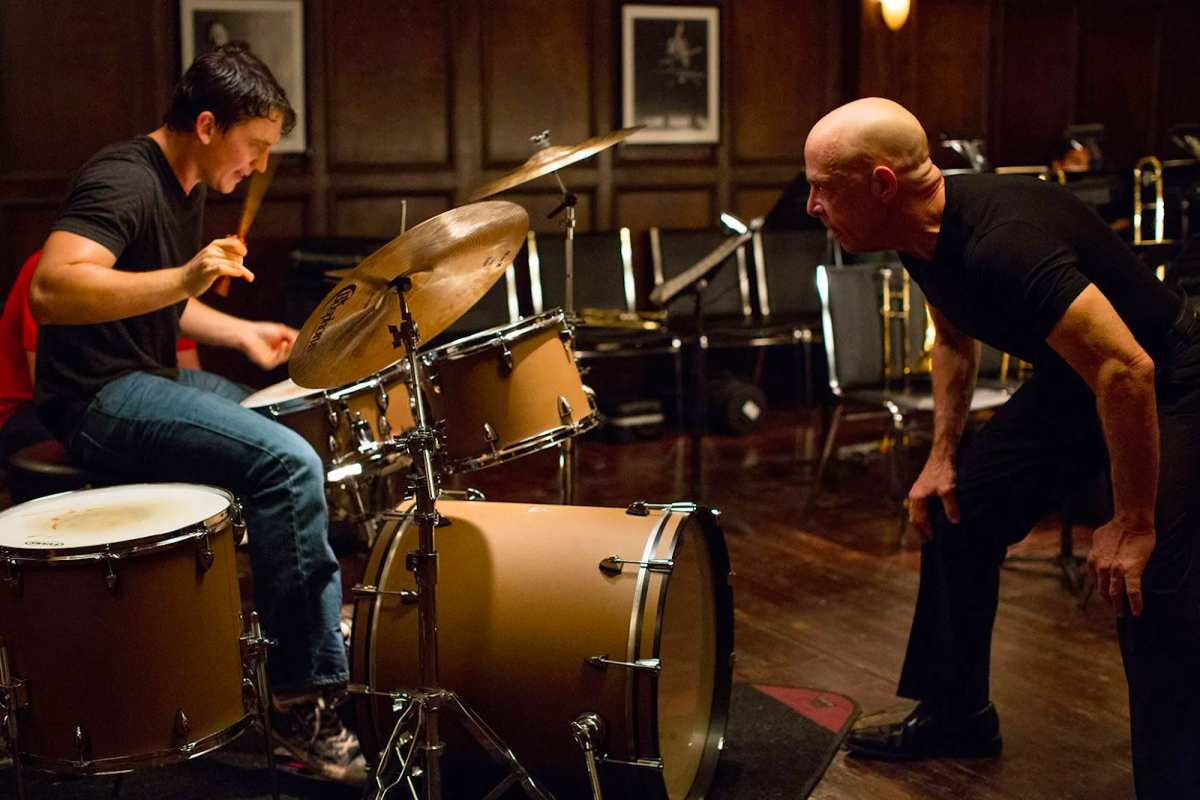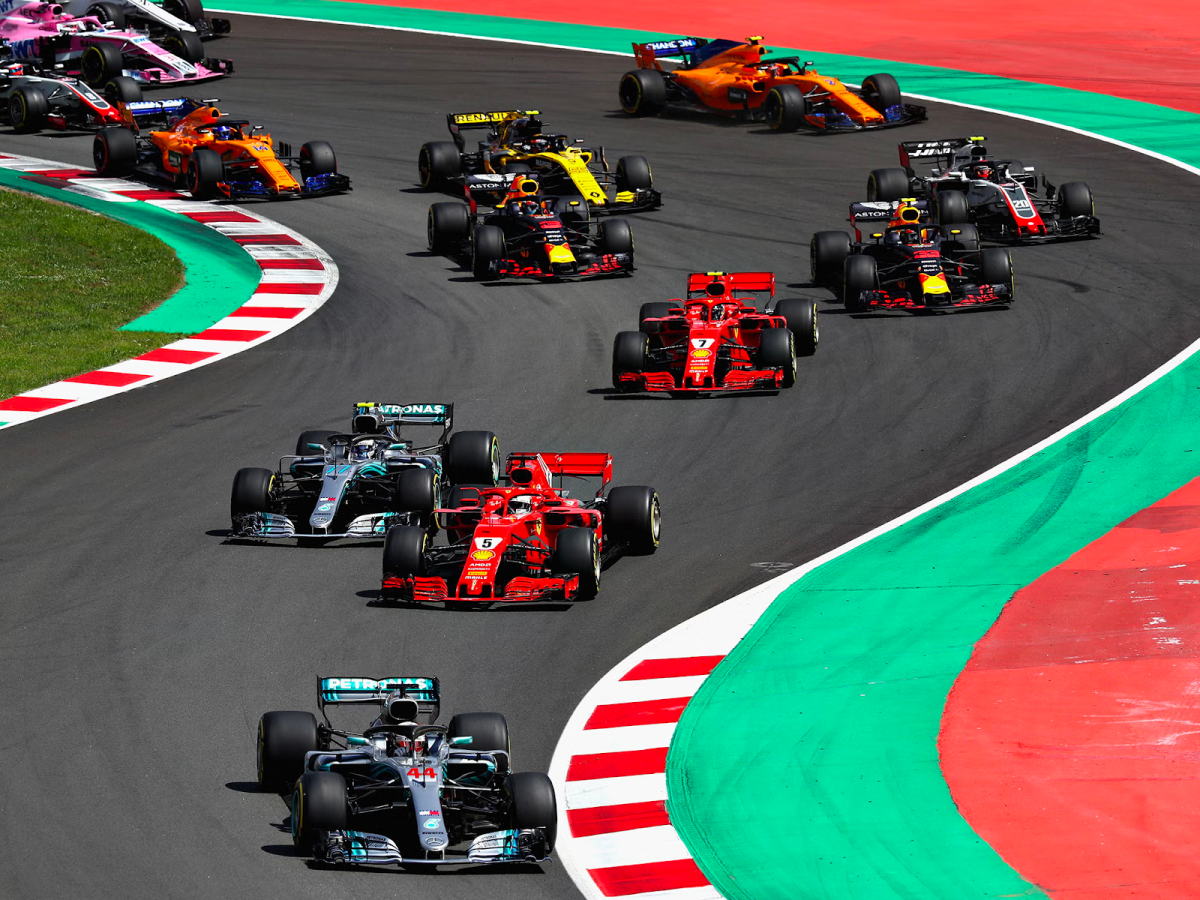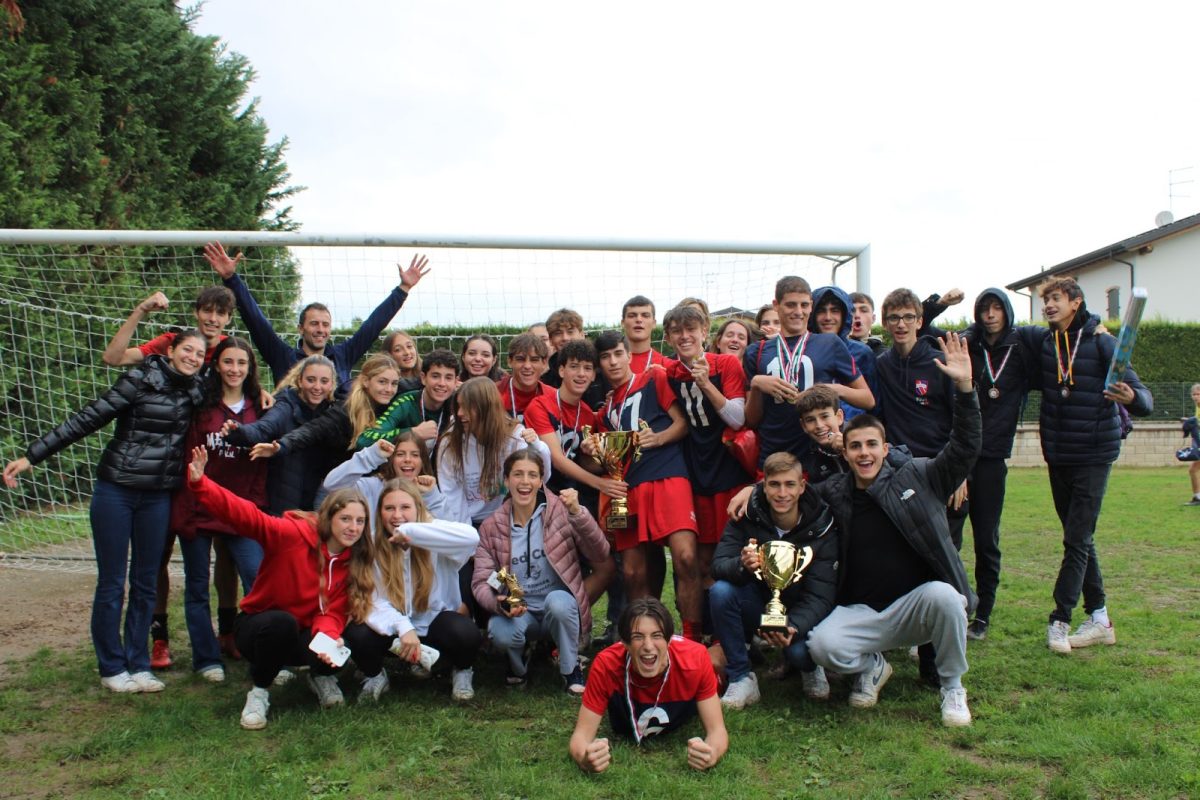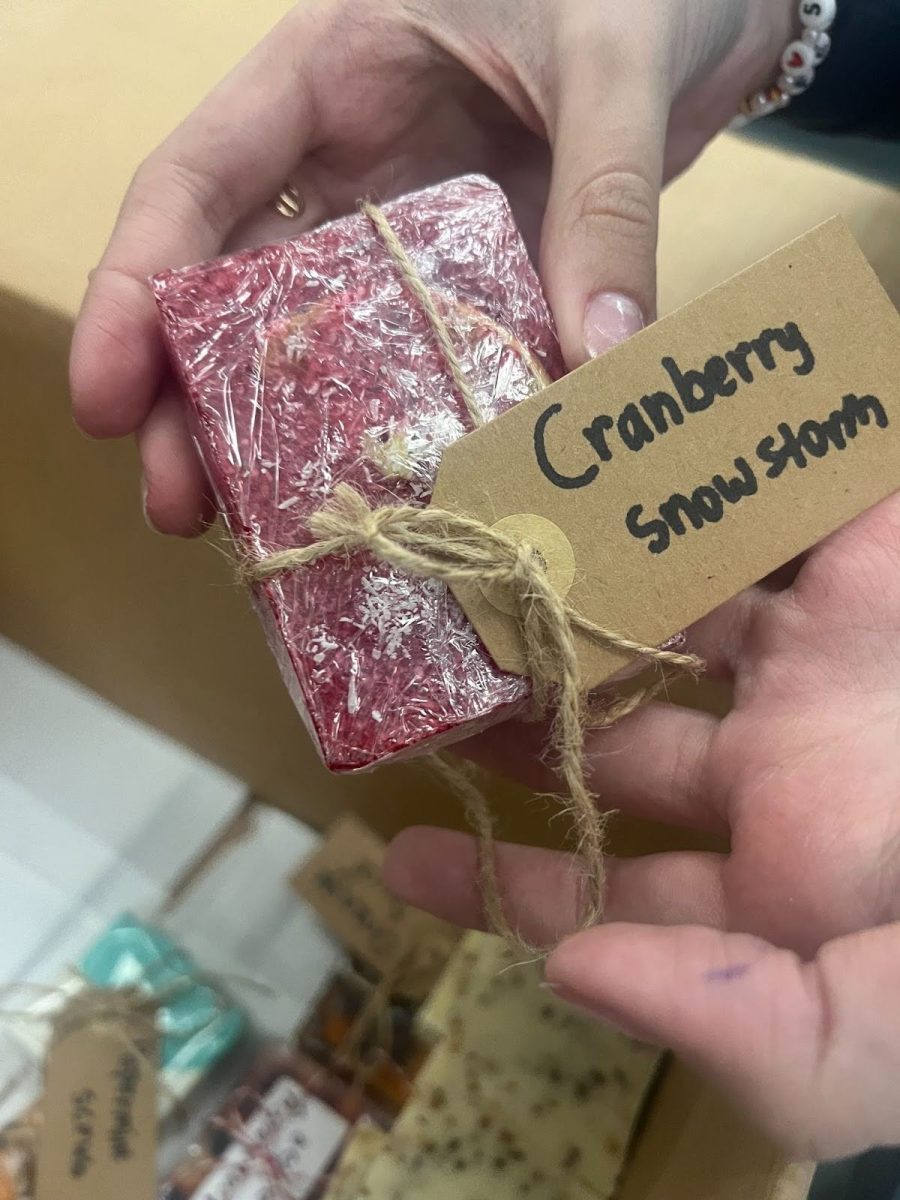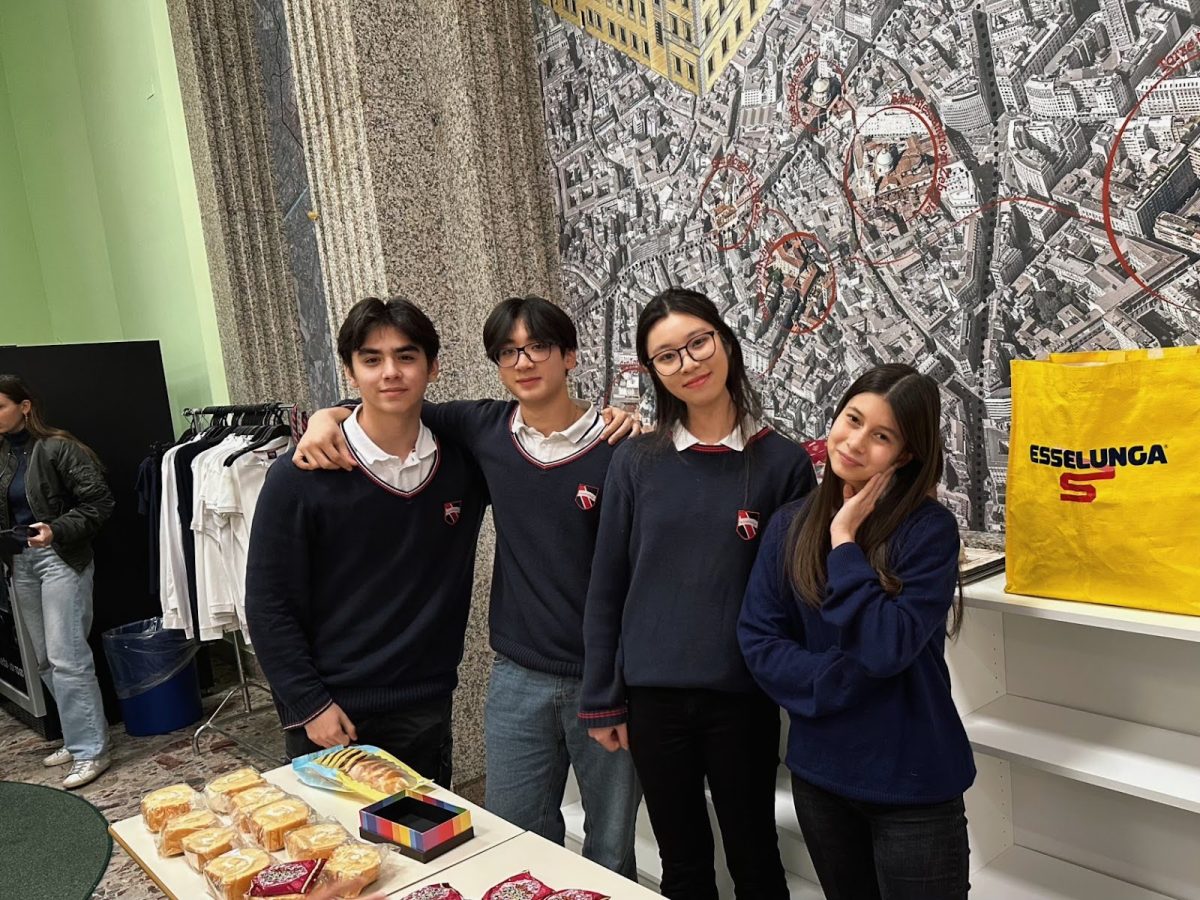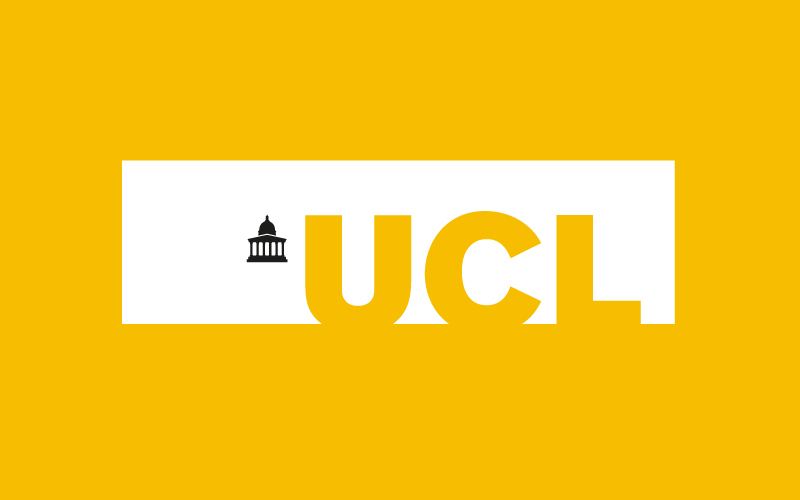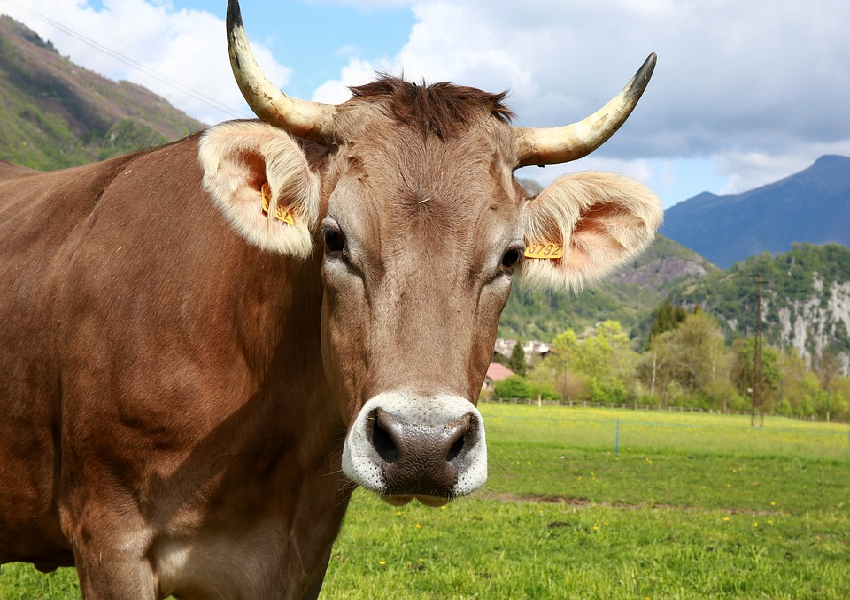Artificial Meat
“Clean, delicious, animal-friendly and polluting free.” That’s what the US is now calling their scientists’ latest food invention: Artificial Meat.
Also known as Cultured Meat, artificial meat is a form of cellular agriculture where meat is grown inside cell culture rather than inside animals. It was first eaten at a presentation by Dr. Mark Post from Maastricht University, in London, in August of 2013.
Investing in this synthetic replacement would not only benefit the lives of millions of animals across the world, but it would cut down our greenhouse gas emissions immensely. 18% of yearly carbon emissions are caused by regular meat production factories alone; quite high in comparison to the 13.5% caused by the entire transportation sector.
Beyond Meat, Memphis Meat and most recently, Hampton Creek Food, are all companies that have already begun investing millions of dollars into this invention. Each of them knows it is quite a risky market, but with products already predicted to hit the shelves within the next 5 years, the future looks bright.
Despite some recent tasting sessions, where participants claimed that said designed chicken meat did, in fact, taste like chicken Isha Datar, CEO of New Harvest, stated that “Cellular culture raises a lot of questions.”
There is also the issue of substance. Whilst producing slices of ham or nuggets of chicken is becoming easier for laboratories across America, more meaty products such as steaks and burgers are not.
In November 2016, a study was carried out in the US demonstrating that the majority of meat-eaters prefer this option. This means it will be a vital obstacle to overcome if the companies want to win over the market for the long-run.
One last issue Science must solve is the cost. Artificial Chicken costs €12,000 per kg. Normal chicken costs €1.87 per kg. This means scientists will have to cut down the costs of production at least 10,000 times if they are to make any profits.
Nevertheless, this number has come down by 99% in the last 4 years and this means the task at hand may not actually be impossible. What may seem like “unnatural” food to us right now could actually be what saves the planet in the near future.





